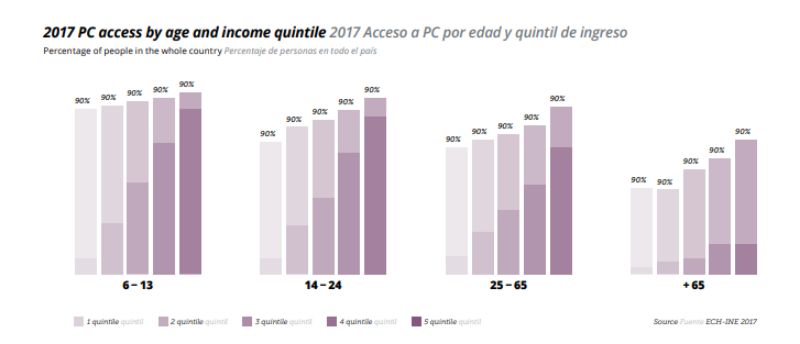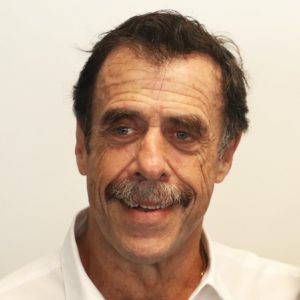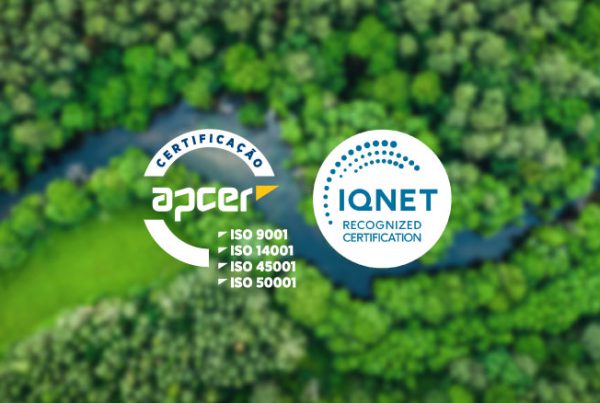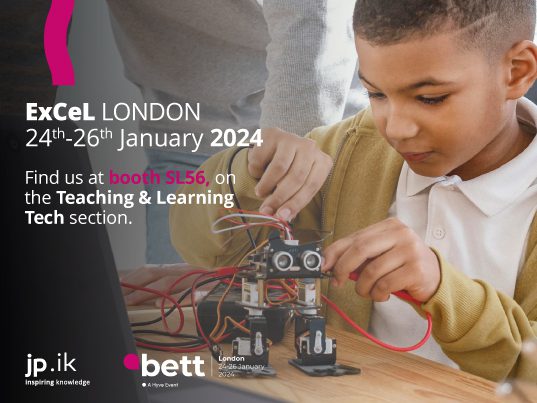An agency of innovation in technology and pedagogy at the service of the education system
The Ceibal Center was created in 2007 as a plan for inclusion and equal opportunities in order to support Uruguayan education policies with technology. Since its creation, each student entering the Uruguayan public education system has access to a computer for personal use and has a free Internet connection from the educational center.

Twelve years after the Plan started, there is no access gap to the devices. More than 720,000 students and teachers have their computer and internet in the classroom, the urban educational centers have fiber optic and videoconferencing systems and, by using technology in platforms, mathematics, English, robotics and reading have been enhanced, among others. The Ceibal Center has become an innovation agency in technology and pedagogy at the service of the education system. During the first years, Ceibal’s focus was on accessibility with the delivery of devices to students and teachers, as well as the Internet connection of educational centers and logistics to keep the system running. Once this is covered, the aim is to complement the delivery of equipment with professional teaching development and the incorporation of technological-educational programs.
Democratization in access to technological devices must necessarily be accompanied by a democratization in access to knowledge.
Technology can take on two different roles, which must be addressed with different approaches. A role of technology is to facilitate actions that are impossible without it. This role allows us to solve problems in the “old wayâ€, which without technology we could not solve. As an example of this, we can mention, regarding Ceibal, the country library and the teaching of English via videoconference.
In Uruguay, the only way for all students to access study and reading books is through digital formats. Therefore, the Digital Library was created, allowing access to teachers and students to all the specific contents of textbooks needed to study, as well as recreational books.
In 2015, it was incorporated the possibility for retirees to access this library and specific materials were made available. Finally, we set out to create a digital library with access for any Uruguayan resident and in December 2018, it launched with the first 4,000 resources available. In this first year, the Library is constantly growing in the number of books and subscribers.
Another example of the impact of technology on ways of teaching and learning is the Ceibal
program in English. This arises to respond to the lack of English teachers in Uruguay, to teach the language in all primary education, especially in cities further away from the capital. We developed a network of videoconferences to provide classes in all public centers so that students can learn remotely with teachers from different parts of the world. Thus, we managed to go from 30,000 children who received English classes to more than 110,000 throughout the country.
Another important role of technologies is to become accelerators of new pedagogies.
Therefore, the Ceibal Center focuses on the approach of new pedagogies for Deep Learning through student-centered methodologies.
Together with the National Public Education Administration (ANEP), Ceibal joined a set of countries that make up the Global Learning Network; where work is promoted by projects linked to the environment, the center of learning is in the students and teachers and directors are the key actors of this transformation. In most cases, these projects are linked to technology.
Together with the countries of the NETWORK, we understand that the technological changes that have occurred in recent years have defined a completely different world, which requires students to handle certain basic skills such as critical thinking, problem solving, collaborative work and communication, the development of character, creativity and being a good citizen. We are working towards this.
However, these technological changes, coupled with social changes, call on teachers, more than ever, to accept the challenge of having young people interested in school. Therefore, we must think of different pedagogical proposals, so that they remain in the center as much time as possible and that this place becomes fundamental for the support and training of children and young people.
For this complex task, we know that we must raise the teaching role, the value given to them in society, but we must also set our sights on a horizon for all.
Collaborative networking, between centers and teachers, is the best way to make sustainable changes. For this to take place, it is essential to have spaces for teachers to share, to innovate the curriculum and the educational proposals. If we want young innovators, we must have innovative teachers. Innovation comes from the environments where children are formed. In addition to working with students, collaboration must happen between teachers and between schools. Exchanging ideas generates a virtuous circle in which, based on collaboration, more and better ideas are generated.
 Miguel Brechner is an Electronics Engineer from Kings College London and holds a Master in Telecommunications from Imperial College London. Brechner introduced several product lines and developed multiple system integrations for more than 30 years. In 2005, he left his executive positions in the private area and redirected his efforts on innovation and technology issues to the public sector.
Miguel Brechner is an Electronics Engineer from Kings College London and holds a Master in Telecommunications from Imperial College London. Brechner introduced several product lines and developed multiple system integrations for more than 30 years. In 2005, he left his executive positions in the private area and redirected his efforts on innovation and technology issues to the public sector.
He was President of the Technological Laboratory of Uruguay (LATU) between 2005 and 2010 and integrated its board of directors between 2010 and 2018. He founded the National Agency for Research and Innovation (ANII) and a member of its board between 2007 and 2013.
In 2006, he proposed to President Tabaré Vázquez the initiative of one computer per child for all Uruguayan public education and has been President of the Ceibal Plan since its beginning.
In 2016, Edtechx distinguished him among the list of the 50 most innovative people in education and technology (Makers and Shakers 2016). In addition, he serves as a consultant on ICT issues worldwide and is a speaker on the Ceibal Plan and education worldwide.



